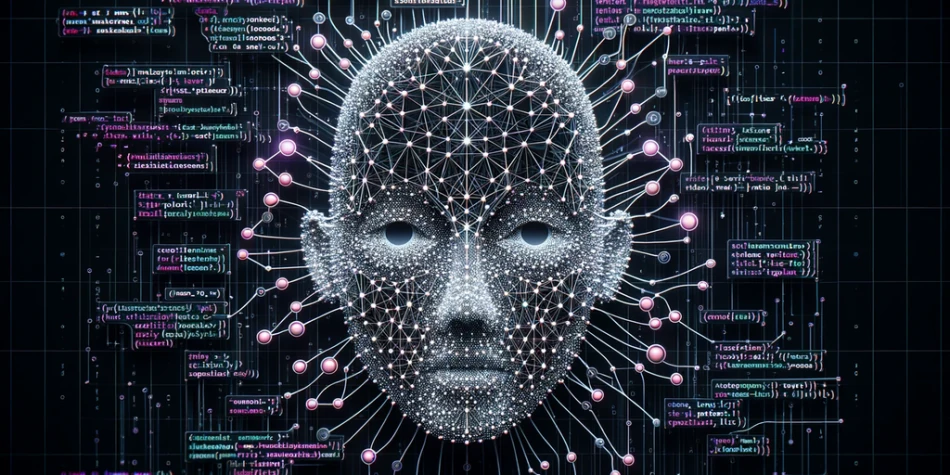
Harvard's 'FaceAge' AI Links Cancer Survival to How Old You Look in a Photo
FaceAge aims to predict biological age using AI, and links facial appearance with survival rates in cancer patients.[...]
Harvard's FaceAge AI Estimates Biological Age from Facial Features, Potentially Predicting Cancer Survival
Researchers at Harvard University have developed a groundbreaking artificial intelligence model called FaceAge that can estimate a person's biological age by analyzing their facial features in photos. This innovative tool could have significant implications for predicting cancer survival, as the researchers found that cancer patients who appear older than their chronological age tend to have poorer overall health outcomes.
Trained on images of 58,851 healthy individuals, FaceAge was later tested on cancer patients to explore the relationship between perceived age and health. The findings were revealing: "On average, cancer patients look older than their chronological age, and looking older is correlated with worse overall survival," the report stated.
Chronological age refers to the number of years a person has been alive, while biological age reflects how well their body is functioning relative to that number. According to the Harvard researchers, a person's physical appearance may provide valuable biomarkers to determine their biological age, which could be a more accurate predictor of health status than chronological age alone.
FaceAge builds on earlier work from ETH Zurich, where researchers developed an open-source deep learning model called Deep EXpectations (DEX) that estimates apparent age from facial images. The Harvard team further refined this technology, training FaceAge using images from two of the largest publicly available facial datasets, IMDB-WIKI and UTKFace.
Harvard's investment in understanding and reversing biological aging has been a longstanding priority, and the university has recently expanded its focus to include AI-driven research in cancer diagnosis and treatment. In 2024, the university unveiled a new AI model, the Clinical Histopathology Imaging Evaluation Foundation (CHIEF), which demonstrated a 96% accuracy in cancer detection, outperforming previously tested models.
While the FaceAge research was centered on biological age and cancer, the researchers believe the technology could have broader applications. "These findings may extend to diseases beyond cancer, motivating using deep learning algorithms to translate a patient's visual appearance into objective, quantitative, and clinically useful measures," they said.
The shift towards AI-driven biological age research is part of a growing movement among medical experts to focus on prevention rather than just treatment. By using facial analysis to identify early signs of decline, FaceAge and similar technologies could help healthcare professionals tailor interventions and optimize patient care, potentially leading to improved health outcomes for a wide range of conditions.
Most Viewed News








